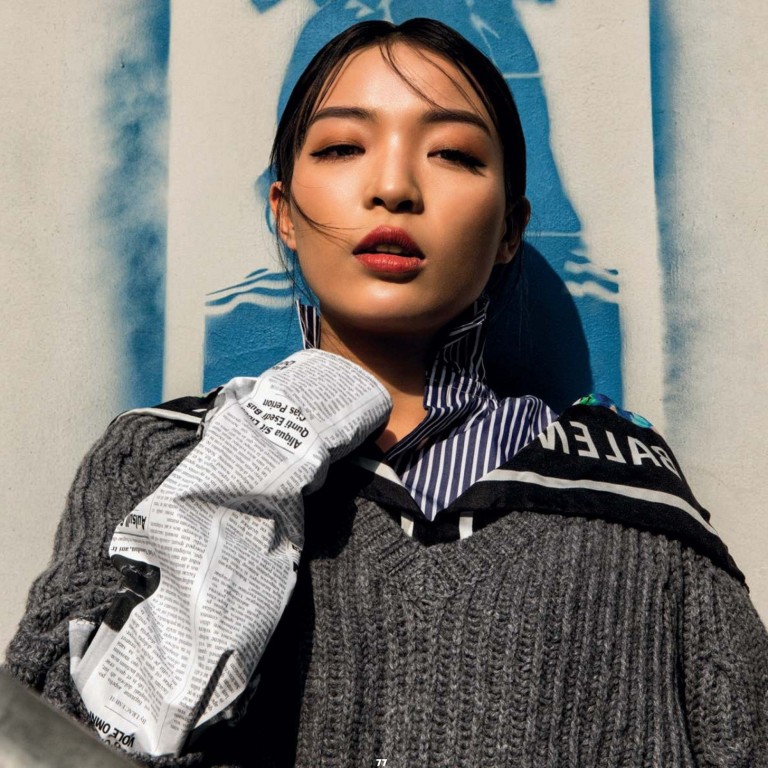
How Chinese rappers are selling out hip hop by slamming Hong Kong protesters and supporting police
- US rappers like NWA and Public Enemy once urged their followers to stand up to the government and police – but Chinese acts don’t feel the same
- For artists like Higher Brothers, Vava and CD Rev, nationalistic pride comes first. Perhaps we should see them as a separate genre altogether?
Rap music was originally rebel music, a sound created by disenfranchised, downtrodden African-Americans often unfairly targeted by the police.
Old-school rappers such as NWA said F*** tha Police and Public Enemy urged their followers to Fight the Power, but the biggest hip-hop artists in China today do not seem to have done their homework.
Instead, as Hong Kong is rocked by protests and the city’s police force is accused of various abuses, Chinese rappers are calling on their fans to support the police and submit to the power. Not really as catchy, is it?
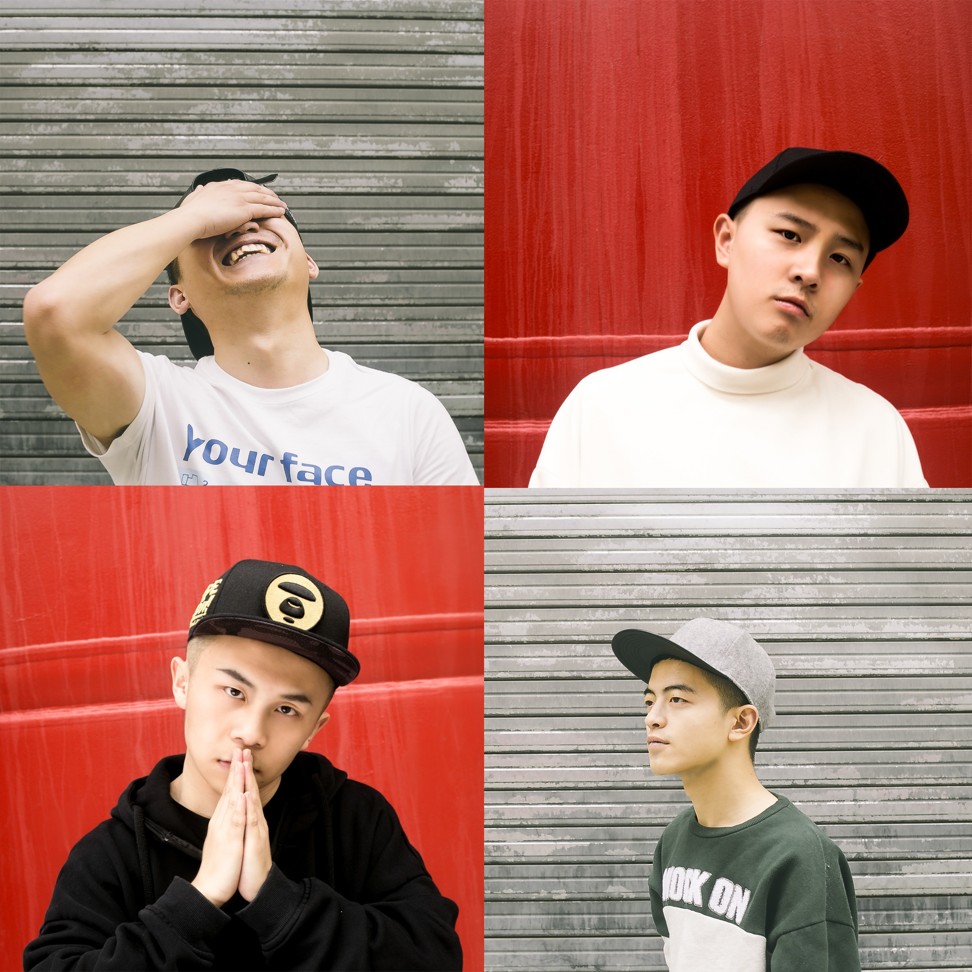
Vava – along with fellow Rap of China celeb PG One, hip-hop collective CD Rev and actress Liu – have used Instagram to share a pro-police meme created by the Communist Party media outlet People’s Daily. It reads “I support Hong Kong police, you can hit me” in Chinese characters, with “What a shame for Hong Kong” written beneath in English.
“Hong Kong is part of China forever,” Vava added to her post.
The Higher Brothers have been a bit more subtle, but there is no mistaking their message. Two of the Sichuan outfit’s four members have shared images of China’s national flag on their Instagram accounts in the past week. Higher Brothers member Melo shared the flag with an English caption: “Once again. I’m proud I’m a Chinese.”
Fellow Higher Brother DZ Know shared the same image on Instagram a few hours later, alongside a Chinese-language caption saying: “Send me a [Chinese flag emoji].”
These flag-waving posts from Chinese hip-hop artists were all shared on a social media platform that is banned by the central government, apparently over its potential to help spread unrest. Despite being trapped behind the Great Firewall of China, these artists were able to discover hip-hop legends such as Run-DMC but they still have to run VPNs to get their messages out.
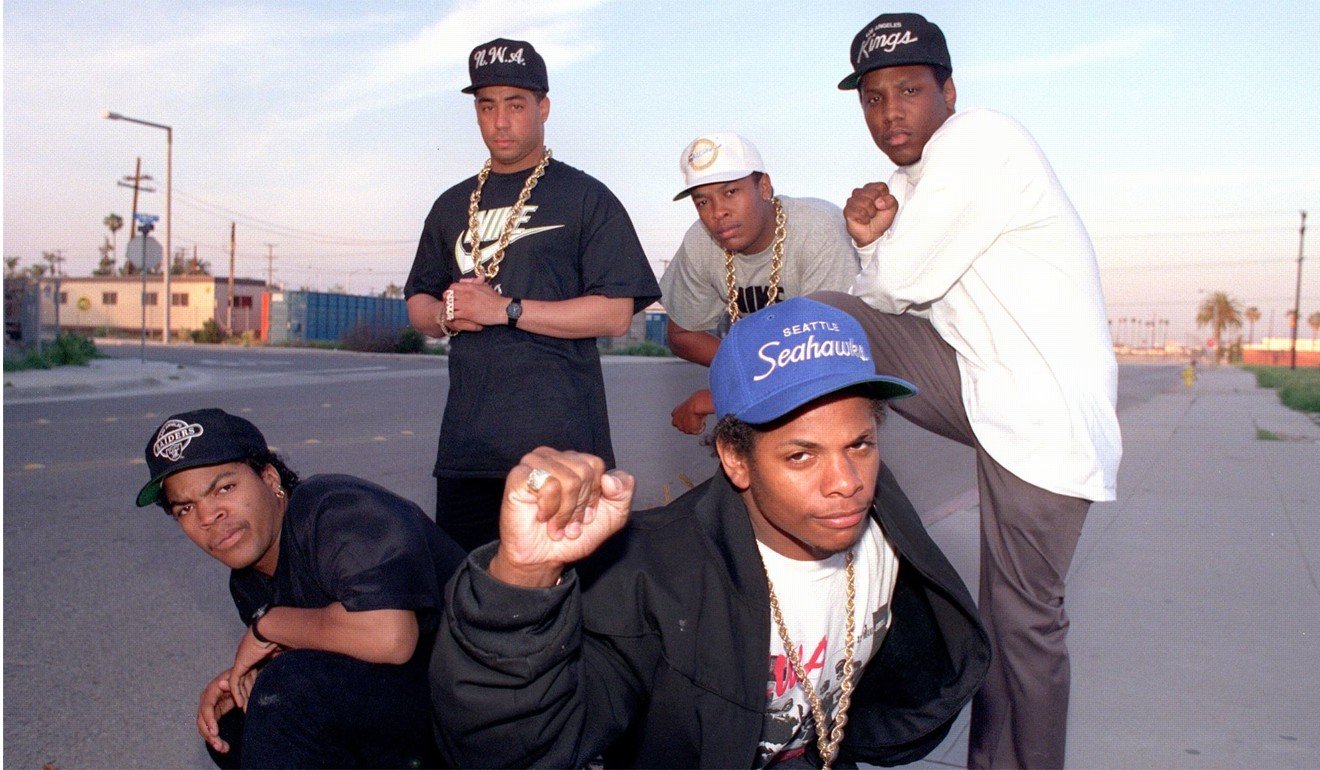
It goes on to warn: “There are 1.4 billion Chinese standing firmly behind Hong Kong police. They will always protect Hong Kong without any hesitation. Air planes, tanks and the Chinese People’s Liberation Army all gathering in Shenzhen, waiting for the command to wipe out terrorists.”
This is a far cry from Public Enemy frontman Chuck D’s call to arms in Fight the Power: “Our freedom of speech is freedom or death / We got to fight the powers that be.”
These Chinese rappers seem to have short memories – the system they’re now defending is the same one that banned Chinese hip hop at the start of last year.
In January 2018, China’s top media regulator – the State Administration of Press, Publication, Radio, Film and Television – instructed Chinese TV stations not to feature “actors with tattoos [or depict] hip hop culture, subculture (non-mainstream culture) and dispirited culture [decadent culture]”.
So why are the Higher Brothers – four heavily tattooed guys from China’s hip-hop culture with a band name that hints at decadent culture, and a sound and style appropriated from US hip-hop artists – suddenly overwhelmed with patriotism?
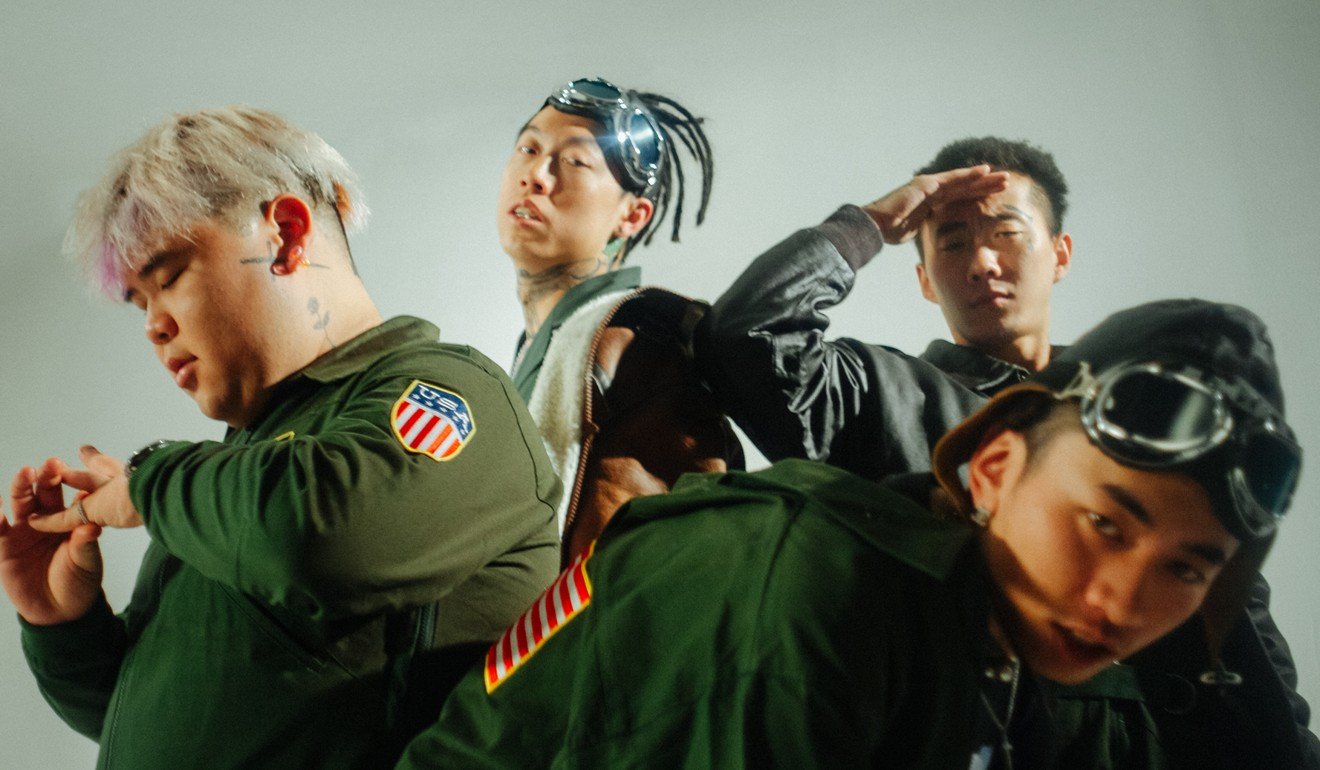
Their posts will also have alarmed their many Hong Kong fans: the Brothers have – or had – a passionate following in the city, notably performing a high-profile set at the Clockenflap festival in 2017. Do not expect to see them back in Hong Kong for a while.
The label has done much to empower and inspire young Asians all over the world – but it’s a legacy that now could be tarnished by the nationalism of its artists.
Maybe the signs were there all along with the Higher Brothers. Their breakthrough track Made in China initially came across as a playful resistance against anti-China rhetoric from the West, with lyrics such as: “The alarm that wakes you up, made in China / Written on your toothbrush and toothpaste, made in China.”
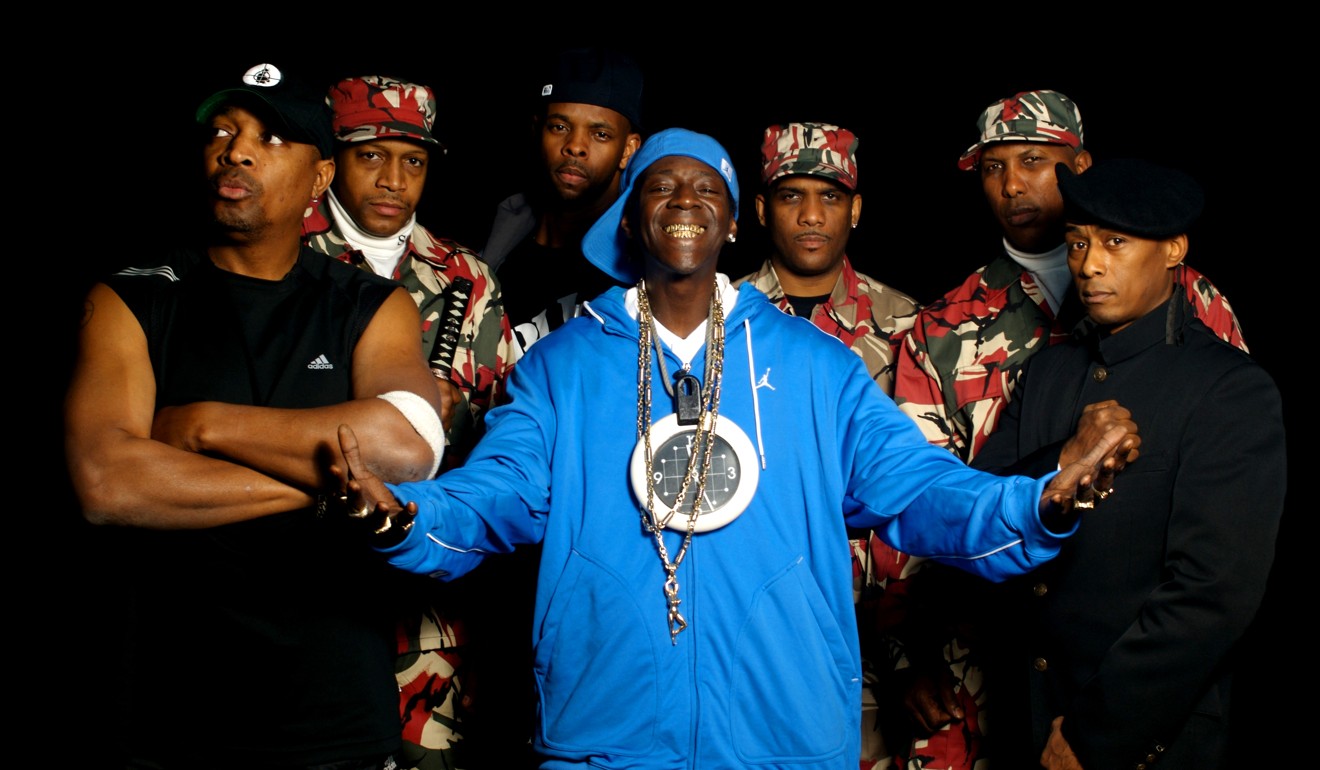
Chinese hip-hop fans deserve more than this from their ambassadors. But now that these rappers have sold out the spirit of hip-hop by pledging support for the Chinese government, perhaps we should see them as a separate genre altogether.

